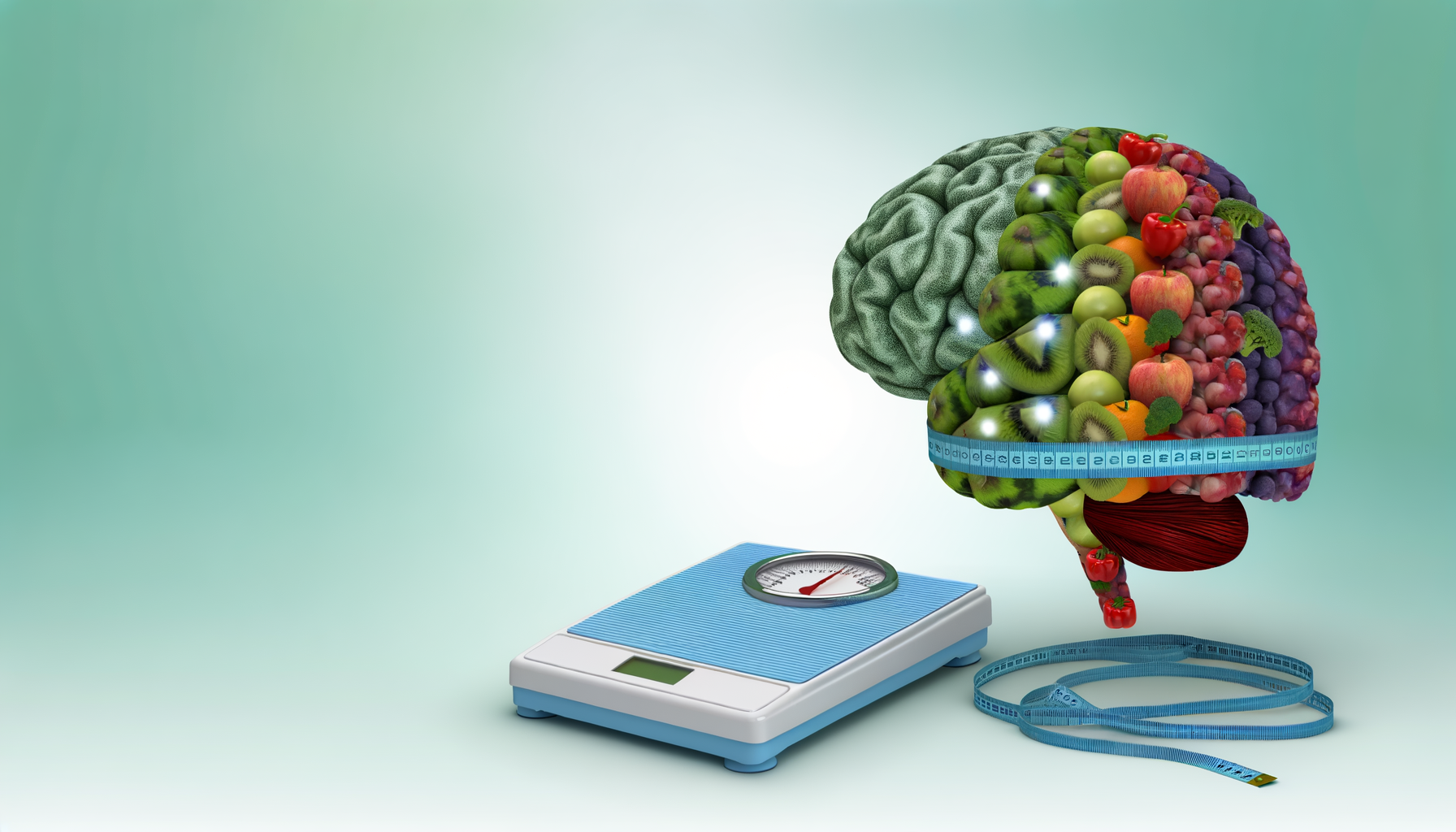Understanding the Interplay Between Calorie Awareness and Cognitive Health
In the pursuit of maintaining optimal cognitive health and mitigating the effects of brain aging, the role of calorie awareness has emerged as a critical factor. This article delves into the intricate relationship between calorie intake, dietary choices, and their impact on cognitive function and brain health.
The Impact of Caloric Intake on Cognitive Function
Research has consistently shown that caloric intake can significantly influence cognitive health. Reducing daily calorie intake, particularly through methods like intermittent fasting, has been linked to several cognitive benefits. A study published in the Journal of Nutritional Medicine and Diet Care highlights that lowering daily calorie intake by 40% can dramatically reduce the risk of age-related disorders such as Alzheimer’s disease and improve memory, learning, and neurogenesis in the brain.
Intermittent fasting, in particular, has been shown to enhance memory consolidation and facilitate synaptic plasticity. In experiments involving humans aged 50-80 years, intermittent fasting resulted in a 20% improvement in the ability to recall words and fewer errors in delayed recall tests. This improvement was correlated with reductions in blood insulin and markers of inflammation.
Dietary Components and Cognitive Health
The type of diet consumed is equally important as the caloric intake. Certain dietary components have been identified as beneficial for cognitive health.
### Macronutrients and Cognitive Function
Macronutrients such as proteins, fats, and carbohydrates play different roles in cognitive health. While high protein intake has shown mixed results, with some studies indicating a positive correlation between protein intake and memory, high-fat diets, especially those high in saturated fatty acids, have been associated with adverse effects on cognition. In contrast, higher intake of monounsaturated fatty acids (MUFAs) has been linked to better cognitive trajectories.
### Micronutrients and Cognitive Health
Micronutrients, including B group vitamins, iron, and vitamin D, are crucial for maintaining cognitive health. Vitamin D, for instance, has been shown to have a protective effect against cognitive decline. Studies have found that lower serum 25-hydroxyvitamin D levels are associated with impaired cognitive function and an increased risk of Alzheimer’s disease.
### Beneficial Diets for Cognitive Health
Several diets have been identified as protective against cognitive decline. The Mediterranean, Nordic, DASH, and MIND diets are notable for their high intake of fruits, vegetables, whole grains, and healthy fats, which provide antioxidant and anti-inflammatory benefits. These diets have been associated with better cognitive performance and a lower risk of neurodegenerative diseases.
A meta-analysis involving 6480 participants found that adherence to the Mediterranean diet improved performance on measures of global cognition, executive function, and processing speed during normal aging. Similarly, the MIND diet, which combines elements of the Mediterranean and DASH diets, has been shown to slow cognitive decline and reduce the risk of dementia.
The Role of Gut Microbiota and Brain Health
The gut-brain axis plays a significant role in cognitive health. Dietary fibers and probiotics, which manage gut microbes, have been found to have beneficial effects on brain function. The consumption of a balanced diet rich in antioxidants and anti-inflammatory components, such as those found in fruits, nuts, vegetables, and fish, can modulate the gut microbiota and support brain health.
Calorie Restriction and Neuroprotection
Calorie restriction (CR) has been extensively studied for its potential to improve longevity and mitigate age-related diseases. CR has been shown to stimulate the production of new neurons from stem cells, enhance synaptic plasticity, and reduce oxidative stress. These effects contribute to the brain’s resistance to neurodegenerative diseases such as Alzheimer’s, Parkinson’s, and Huntington’s.
In animal studies, CR has improved learning and spatial memory, reduced glial activation, and enhanced neurogranin signaling, a regulator of synaptic function. These findings suggest that CR can be a valuable intervention for preventing or delaying cognitive decline.
Practical Applications for Maintaining Cognitive Health
Given the evidence, here are some practical steps you can take to support your cognitive health through calorie awareness and dietary choices:
– **Adopt a Balanced Diet**: Focus on diets like the Mediterranean, DASH, or MIND diets, which are rich in fruits, vegetables, whole grains, and healthy fats.
– **Practice Intermittent Fasting**: Consider incorporating intermittent fasting into your routine to potentially improve memory and cognitive function.
– **Monitor Caloric Intake**: Be mindful of your daily calorie intake and consider reducing it by a moderate amount to align with the benefits seen in calorie restriction studies.
– **Ensure Adequate Micronutrients**: Make sure your diet includes sufficient micronutrients like B group vitamins, iron, and vitamin D.
– **Support Gut Health**: Include dietary fibers and probiotics in your diet to maintain a healthy gut microbiota.
Using Tools for Calorie Awareness
To effectively manage your calorie intake and make informed dietary choices, utilizing tools like the Calorie Calculator Cloud can be highly beneficial. This tool helps you track your daily calorie intake and plan your meals accordingly, ensuring you are meeting your nutritional needs while maintaining a healthy caloric balance.
Conclusion and Next Steps
The relationship between calorie awareness, dietary choices, and cognitive health is complex but well-supported by scientific evidence. By adopting a balanced diet, practicing intermittent fasting, monitoring caloric intake, ensuring adequate micronutrients, and supporting gut health, you can take proactive steps to protect your cognitive health and mitigate the effects of brain aging.
For those looking to integrate these strategies into their lifestyle, exploring resources like the Calorie Calculator Plans can provide a structured approach to managing your diet and calorie intake.
Incorporating these dietary interventions can have long-term benefits for your brain health, and with the right tools and knowledge, you can make informed choices to support your cognitive well-being.








